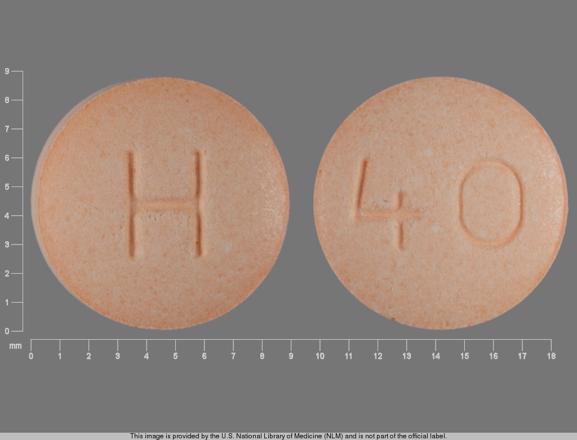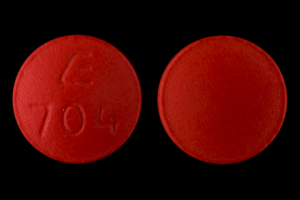

Several types of pain killers are readily available in the market to obtain rid of the pain. The triggered pain can be of different types like severe, moderate or even moderate. The typical websites or origin of pain are back, eye, face, stomach, joint pain, tongue etc. Keep your pets from accidentally ingesting Advil or other medications containing ibuprofen by securing all drugs in a location that’s inaccessible to your dog.Pain is an undesirable sensation that might end up being discomforting at greater strengths. Anticonvulsant medications ( seizure medications for dogs) may be necessary if seizures occur. Gastric perforation will require surgical correction.

Controlling vomiting in dogs with antiemetic prescription pet medications may be recommended as well as the use of gastrointestinal protectants. In situations where the kidneys have become damaged due to ibuprofen poisoning, fluid therapy and blood or plasma transfusions will be required. In some cases, gastric lavage (“pumping the stomach”) may also be necessary. Consult your veterinarian for instructions before inducing vomiting at home.Īctivated charcoal may be used to absorb any excess ibuprofen poison in the stomach that has not been vomited out. Or you can take your dog to the vet, where they will use apomorphine to induce vomiting. If ingestion has just occurred and symptoms are not present, vomiting may be induced at home with hydrogen peroxide. She is not going to judge you she is trying to treat your pet quickly and effectively.

Tell your veterinarian if you think or know that your dog ate ibuprofen (or any other medication). These test will also check for the appearance of gastrointestinal, renal and neurological signs associated with ibuprofen toxicity in dogs. DiagnosisĪfter asking you questions regarding the dog's medical history, your veterinarian will perform blood and urine tests in order to assess possible kidney compromise. Reduced platelet aggregation leads to an increased tendency to bleed abnormally. Reduced blood flow to the kidneys results in kidney damage. This causes symptoms such as vomiting, nausea, diarrhea and intestinal upset, and causes gastric ulcers to form. When COX enzymes are inhibited, the mucosal lining of the gastrointestinal tract becomes damaged. Ibuprofen inhibits COX enzymes, which normally have a protective effect on the mucosal barrier of the gastrointestinal tract, keep blood flowing normally to the kidneys, and help regulate platelet function. You should always consult a veterinarian before administering any nonprescribed medications. Giving dogs ibuprofen or other OTC human medications can be extremely hazardous to a pet’s health. Although most cases of ibuprofen ingestion in dogs are accidental, there are instances in which pet owners administer ibuprofen-containing medications to their dog, believing them to be safe. Ultimately, the cause of poisoning is that the dog ate Advil or another medication containing ibuprofen.

Though relatively safe for people, ibuprofen can be toxic for dogs. It is available in many over-the-counter formulations (Advil, Motrin, Midol, etc.) as well as in prescription-strength medications. Ibuprofen is a non-steroidal anti-inflammatory drug (NSAID) commonly used in humans to relieve pain and reduce fever. Ibuprofen toxicity in dogs can cause serious damage to the kidneys, so time is of the essence if you think your dog has gotten ahold of the medication. If you are worried that your dog ate ibuprofen, you should take them to a veterinarian immediately.


 0 kommentar(er)
0 kommentar(er)
